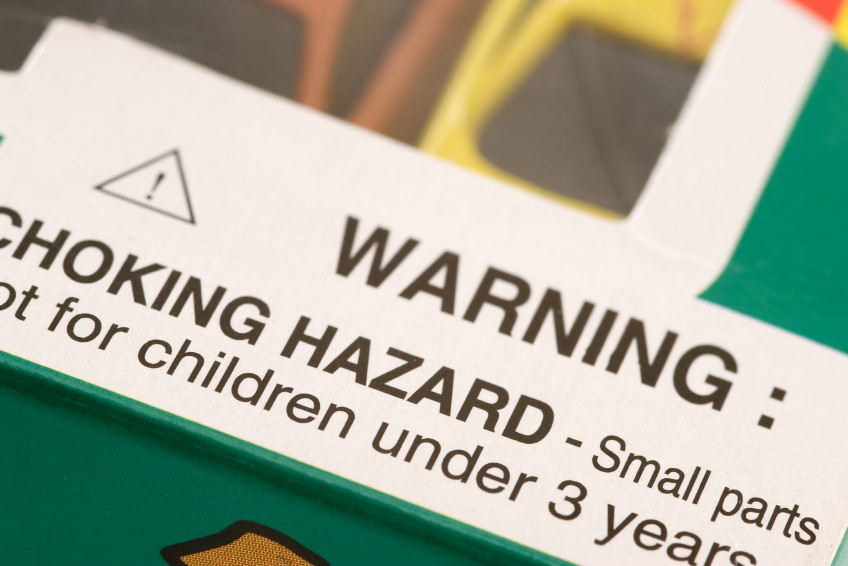How to Avoid Defective Toys this Holiday Season

From time to time, we hear of a defective toy recall. Often, parents are able to brush it off, thinking that if they simply avoid cheaply-made toys or purchase only well-known U.S. brands then their children will be safe. Unfortunately, this isn't enough protection and the U.S. PIRG Education Fund has made it their duty to examine toys for safety issues. Each year, they release a report called "Trouble in Toyland" and their efforts have led to over 150 recalls over the past 29 years.
Common Problems Parents often rely on regulatory agencies to catch defective products and on manufacturers to perform safety checks. Unfortunately, all too often toys hit the shelves even though they pose a great risk to children. The U.S. PIRG Education Fund examines items for a few key things.
- Toxic Metals- Researchers specifically look for lead, which is known to cause cognitive issues, and for chromium, which has been linked to cancer as well as severe allergic reactions.
- Phthalates- Items are tested for unsafe levels of plasticizers, which are known to cause reproductive harm.
- Choking Hazards- Balloons marketed to children under eight, as well as balls, which are less than 1.25 inches in diameter and marketed to children under three, pose a risk of asphyxiation. Small parts are of equal concern.
- Magnets- Although they pose a choking hazard, an additional concern of magnets is that their attractive forces can cause damage within the body, perforating internal organs.
- Batteries- Chemical reactions are the main concern with batteries, as the acid inside can burn tissue and cause internal bleeding.
- Excessive Noise- Any toy which is very loud can cause permanent damage to a child's hearing.
2014 Findings This year, the group found 24 toys on store shelves, which should not be available for sale. A complete list is available on their website. However, some of these defective toys are on Charleston shelves, and a few highlights include:
- Badge Playset (Sold at Dollar Tree, contains lead)
- Jake and the Neverland Pirates tambourine (Sold at Dollar Tree, contains chromium)
- Hello Kitty Bracelet and Hair Clips Accessory Set (Sold at Jo-Ann Fabric & Craft Stores, contains phthalates)
- Infantino leopard pattern rubber duck (Sold at Wal-Mart, contains phthalates)
- Dora the Explorer backpack (Sold at Walgreens, contains phthalates)
Tips for Parents
- Check age guidelines on toys and keep items designed for older children out of reach of younger ones.
- Dispose of packaging after items are open as it poses suffocation risk.
- Use a toilet paper tube to test the size of toys. Anything that is small enough to fit inside should not be given to a child age three or under.
- Do not allow kids to play with magnets or playsets which contain them.
- Do not allow children to play with loud toys. If it sounds too loud to you, it probably is.
- Keep long cords and strings out of the reach of children.
- Verify if any items are toxic. Lead test kits are available at hardware stores.
- Do not allow children to play with an item that could cause injury if it is dropped or falls on them.
Charleston Defective Toy Attorney
If your child was hurt, became ill, or was killed because of a faulty or toxic product, you may be entitled to compensation. Moreover, bringing cases like yours to light may help keep other children safe. Please speak with one of our lawyers using our online contact form or call us directly at 1(800)610-2546.
Contact Us
Clore Law Group welcomes your questions about any issues concerning a serious personal injury, car accident, medical malpractice, nursing home neglect, or business tort. If you have a viable claim, we’ll explain the legal process. Since consultations are always free, there’s no cost in learning your legal options.